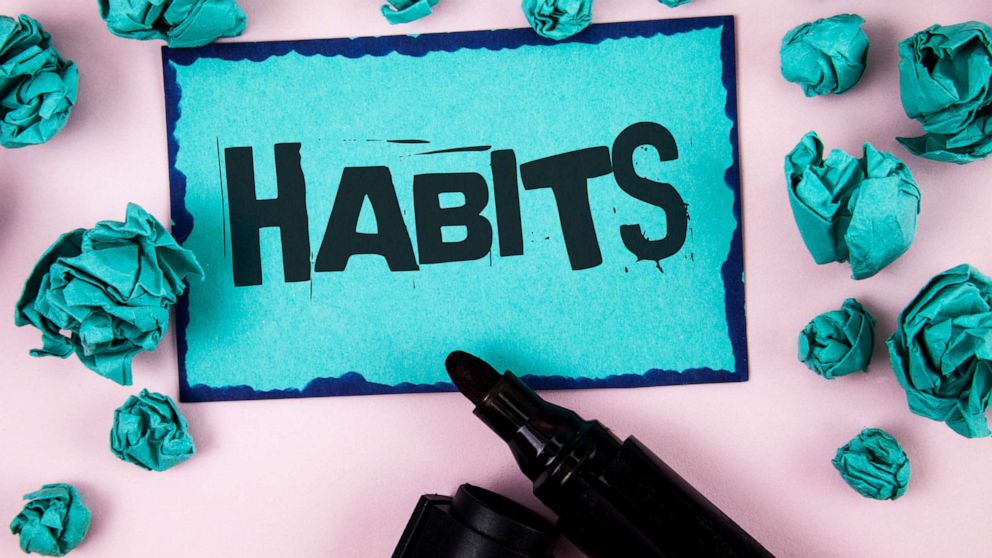“I’ll quit tomorrow.”
“I’m just not a morning workout person.”
“Just one more episode, then I’ll start my homework.”
Sound familiar? Chances are, you’ve made a promise to yourself to start a good habit—or break a bad one—only to find yourself stuck in the same routine. Whether it’s biting your nails, scrolling on TikTok for hours, or trying to hit the gym regularly, habits are hard to change. But why is that? The answer lies in your brain. Understanding how habits form and how to break them can help you take control of your actions and make lasting changes.
Our brains are wired to create habits because they save energy. By turning repetitive actions into automatic routines, our brains can focus on more important tasks. This process is known as the “habit loop,” which has three parts: cue, routine, and reward. A cue triggers the behavior, like feeling bored and reaching for your phone. The routine is the action itself—scrolling through social media. The reward? A quick hit of dopamine that makes you feel entertained or distracted. Over time, this loop becomes ingrained, making the behavior almost automatic.
But not all habits are good. Bad habits like procrastination or binge-watching TV are hard to break because they trigger the same dopamine response, reinforcing the cycle. The brain’s reward system doesn’t care if the habit is good or bad—it just likes the feel-good chemical. This is why bad habits can feel so hard to quit, even when you know they’re not good for you.
So, how do you break the cycle? The key is to interrupt the habit loop. Start by identifying the cue. What triggers the habit? Is it stress, boredom, or something else? Once you figure out the cue, try to replace the routine with a healthier behavior that offers a similar reward. For example, if you scroll through social media when bored, try reading a book or going for a short walk instead. It’s also important to be consistent. The more you repeat the new behavior, the more it becomes a habit itself.
Building good habits isn’t just about willpower—it’s about understanding how your brain works. By recognizing the cues, routines, and rewards behind your habits, you can break the bad ones and build better ones in their place. So, next time you find yourself saying, “I’ll quit tomorrow,” remember that changing habits starts with changing how you think.
Read more at www.iflscience.com/how-do-our-brains-make-and-break-habits



